Vedic Diplomacy: Foundations in Hindu Thought and Its Relevance for Global Peace and Prosperity
This book investigates the concept of Vedic diplomacy, a distinctive framework of statecraft rooted in the ethical and philosophical traditions of Hindu civilization. Moving beyond the confines of a single nation, it explores the broader South Asian context, integrating insights from Vedic scriptures, Puranic literature, and Kautilya’s Arthashastra. Through detailed textual analysis, historical case studies, and comparisons with modern international relations theories, the study reveals how Vedic diplomacy emphasizes dharma (moral duty), vasudhaiva kutumbakam (universal kinship), and a graduated strategy of conflict resolution encompassing conciliation, inducement, division, and force.
The book further examines the contemporary relevance of these principles for promoting ethical governance, intercultural understanding, and sustainable global peace. It critically assesses the prospects and challenges of reviving Vedic diplomacy in the modern world, proposing practical strategies for integration into diplomatic education, policy-making, and regional cooperation. Ultimately, this work argues that re-engaging with Vedic diplomatic traditions offers a transformative vision for a more just, peaceful, and prosperous international order.
Table of Contents
Chapter 1: Introduction
This chapter introduces the concept of Vedic diplomacy, emphasizing its ethical and philosophical foundation rooted in Hindu and other South Asian cultural ethos. It establishes its relevance beyond any single country, aiming to provide a holistic understanding applicable across South Asia and its diaspora. Key themes include the historical context, the importance of dharma in diplomatic conduct, and the contemporary significance of these principles in global peace and prosperity.
Chapter 2: Philosophical Foundations of Vedic Diplomacy
This chapter explores the philosophical underpinnings of Vedic diplomacy, focusing on concepts like dharma (moral duty), karma (action and consequence), and the universal ideal of Vasudhaiva Kutumbakam (the world as one family). It analyzes how these principles shape ethical diplomacy and political conduct, drawing from the Vedas and Upanishads.
Chapter 3: Statecraft in Vedic and Puranic Literature
This chapter examines statecraft as portrayed in Vedic and Puranic texts, highlighting the roles and duties of rulers, the integration of spiritual and temporal authority, and governance models designed to maintain social order and justice. The chapter also investigates the evolution of diplomatic ideas through mythological narratives.
Chapter 4: Kautilya, Arthashastra, and the Integration with Vedic Diplomacy
This chapter provides an in-depth analysis of Kautilya’s Arthashastra, situating it within the Vedic diplomatic tradition. It discusses Kautilya’s systematic approach to statecraft and diplomacy, including the graduated policy tools of sāma, dāna, bheda, and daṇḍa, illustrating the synthesis of idealistic and pragmatic elements in ancient Hindu diplomacy.
Chapter 5: Case Studies in Vedic and Kautilyan Diplomacy
This Chapter presents historical case studies demonstrating the application of Vedic and Kautilyan diplomatic principles. It explores notable instances from South Asian history where these strategies influenced interstate relations, conflict resolution, and alliance formations, thereby illustrating the practical relevance of the tradition.
Chapter 6: Vedic Diplomacy and Modern International Relations Theory
This chapter compares Vedic diplomacy with modern international relations theories, identifying convergences such as ethical governance and divergences like differing views on power politics. It underscores the tradition’s unique contributions to a holistic understanding of diplomacy and its potential to enrich contemporary diplomatic thought.
Chapter 7: Contemporary Applications of Vedic Diplomacy for Real Peace and Prosperity
This chapter details how Vedic diplomatic concepts can inform modern conflict prevention, sustainable development, cyber diplomacy, and ethical governance for global peace. It explores practical applications and policy implications that align ancient wisdom with contemporary global challenges.
Chapter 8: Prospects and Challenges of Reviving Vedic Diplomacy in the Modern World
This chapter critically assesses the opportunities and hurdles in reintroducing Vedic diplomatic values into modern international relations. It discusses sociopolitical challenges, risks of cultural misappropriation, and proposes educational and policy strategies to foster effective integration of these principles.
Chapter 9: Conclusion
The concluding chapter synthesizes the insights gained from previous chapters, reiterating the relevance of Vedic diplomacy in addressing current global challenges. It advocates for a renewed emphasis on ethical, inclusive, and sustainable diplomatic practices inspired by ancient South Asian traditions.
Views: 70

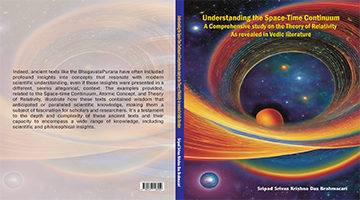
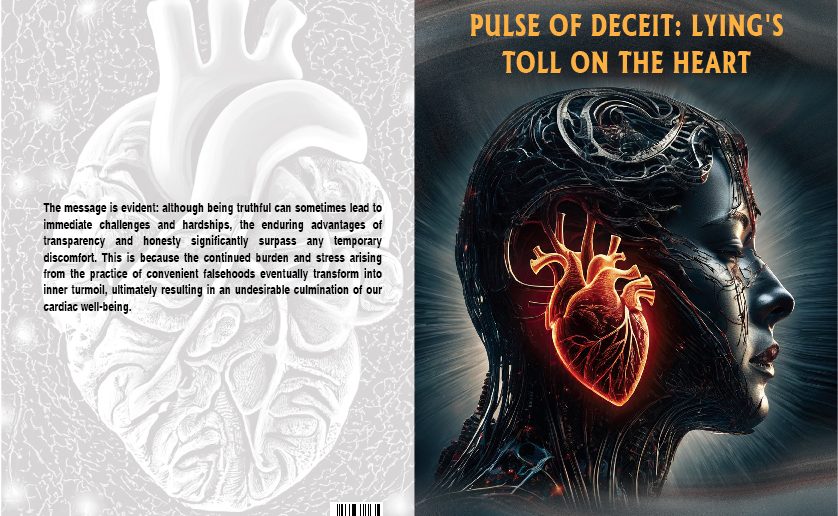

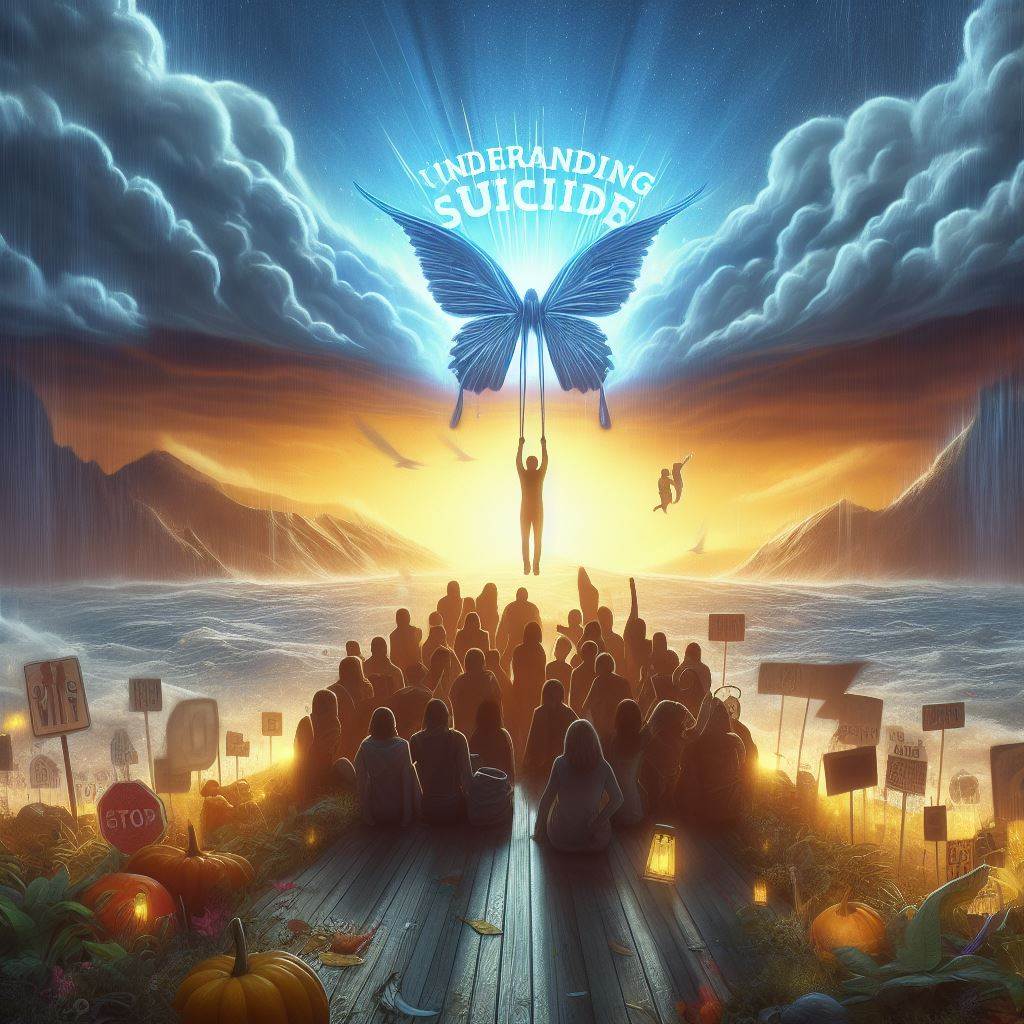









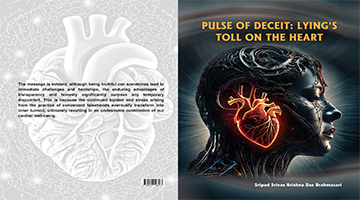






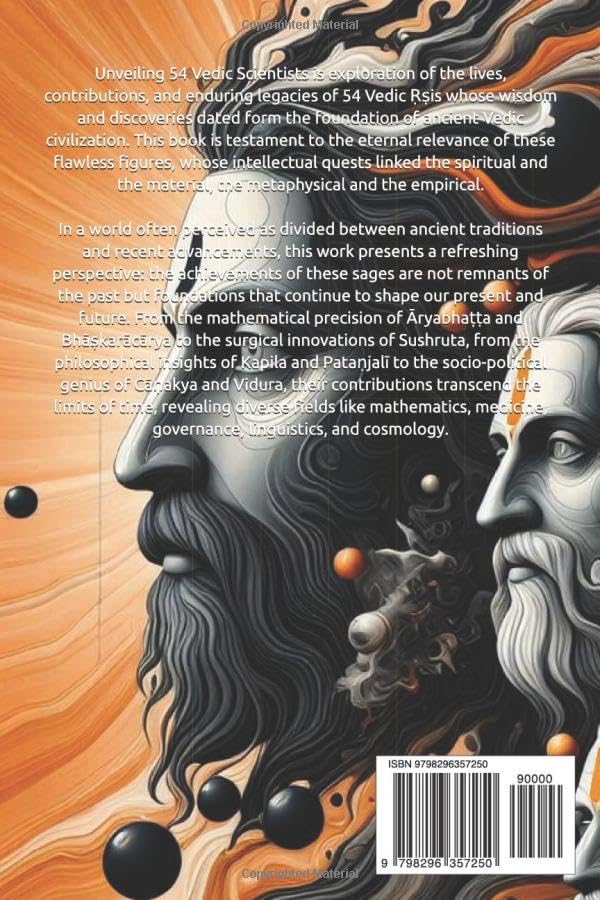


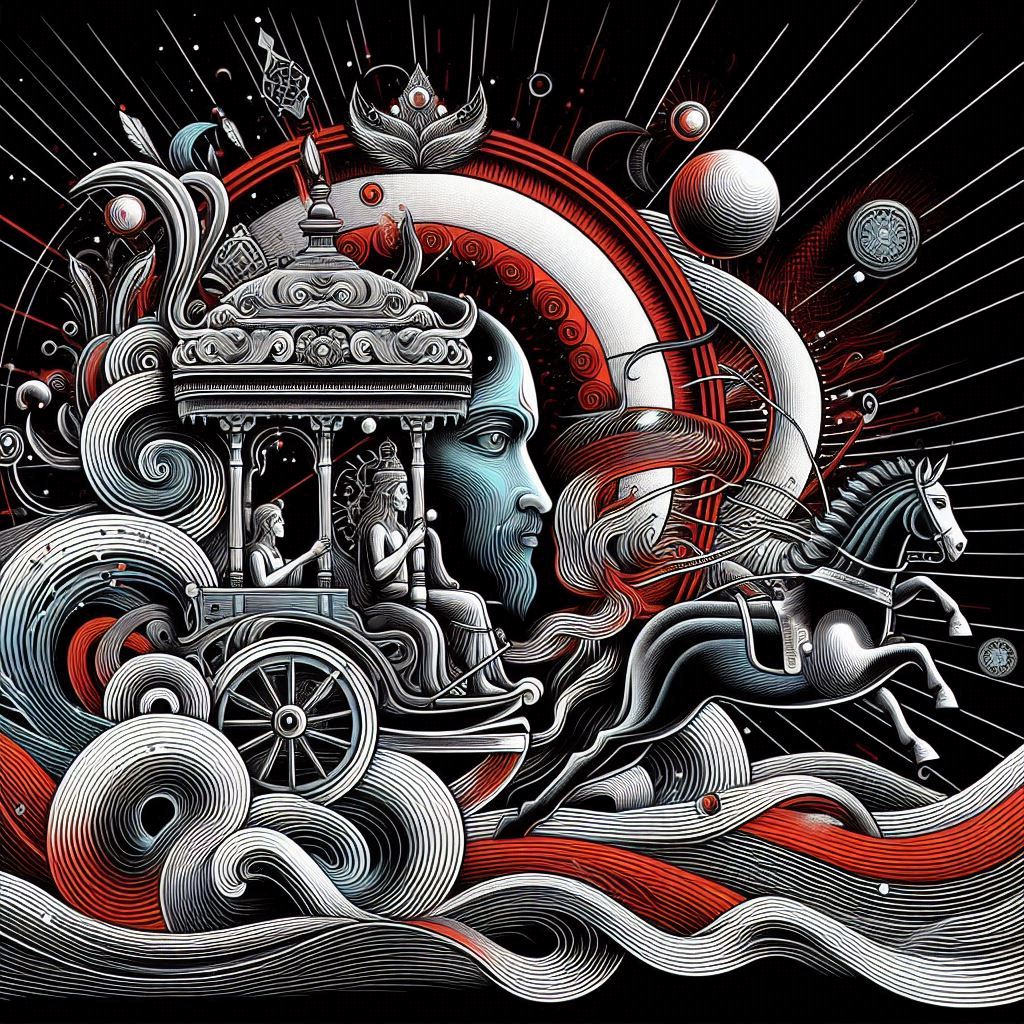




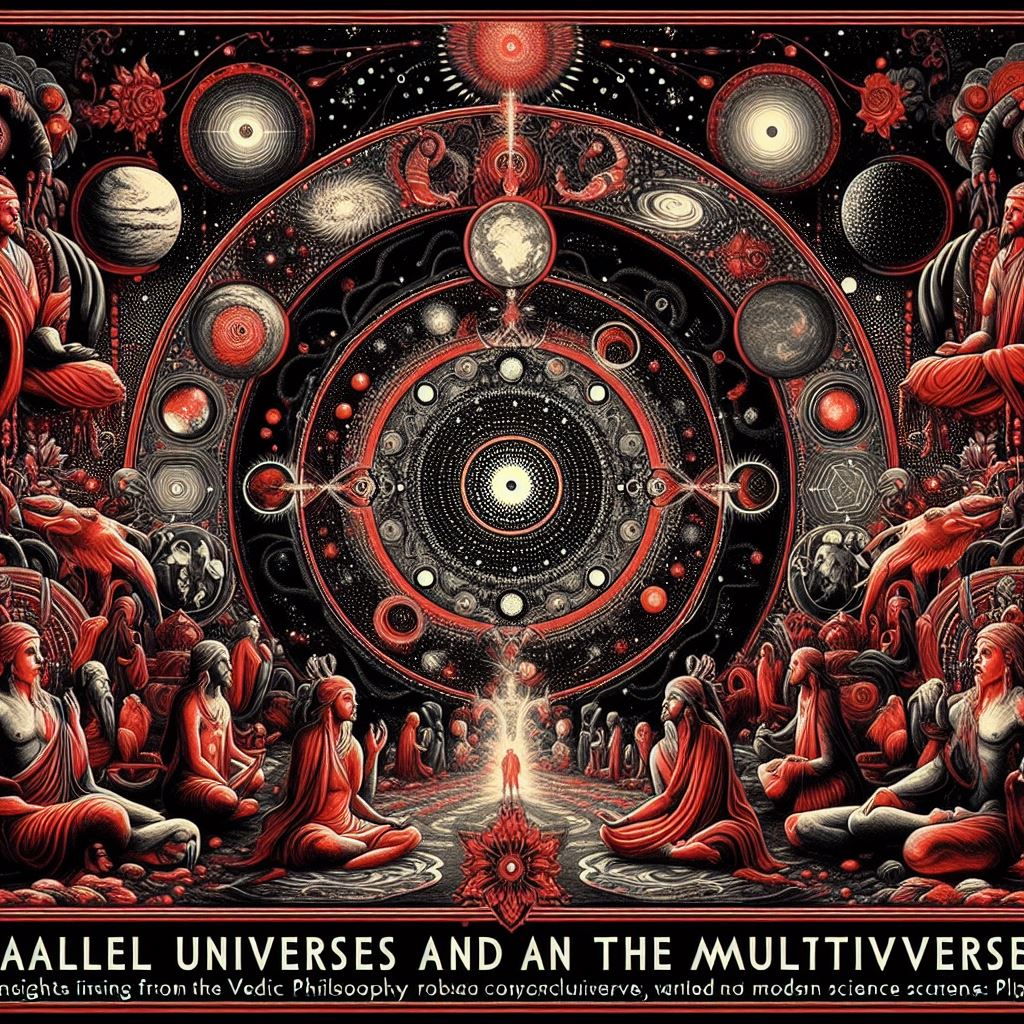
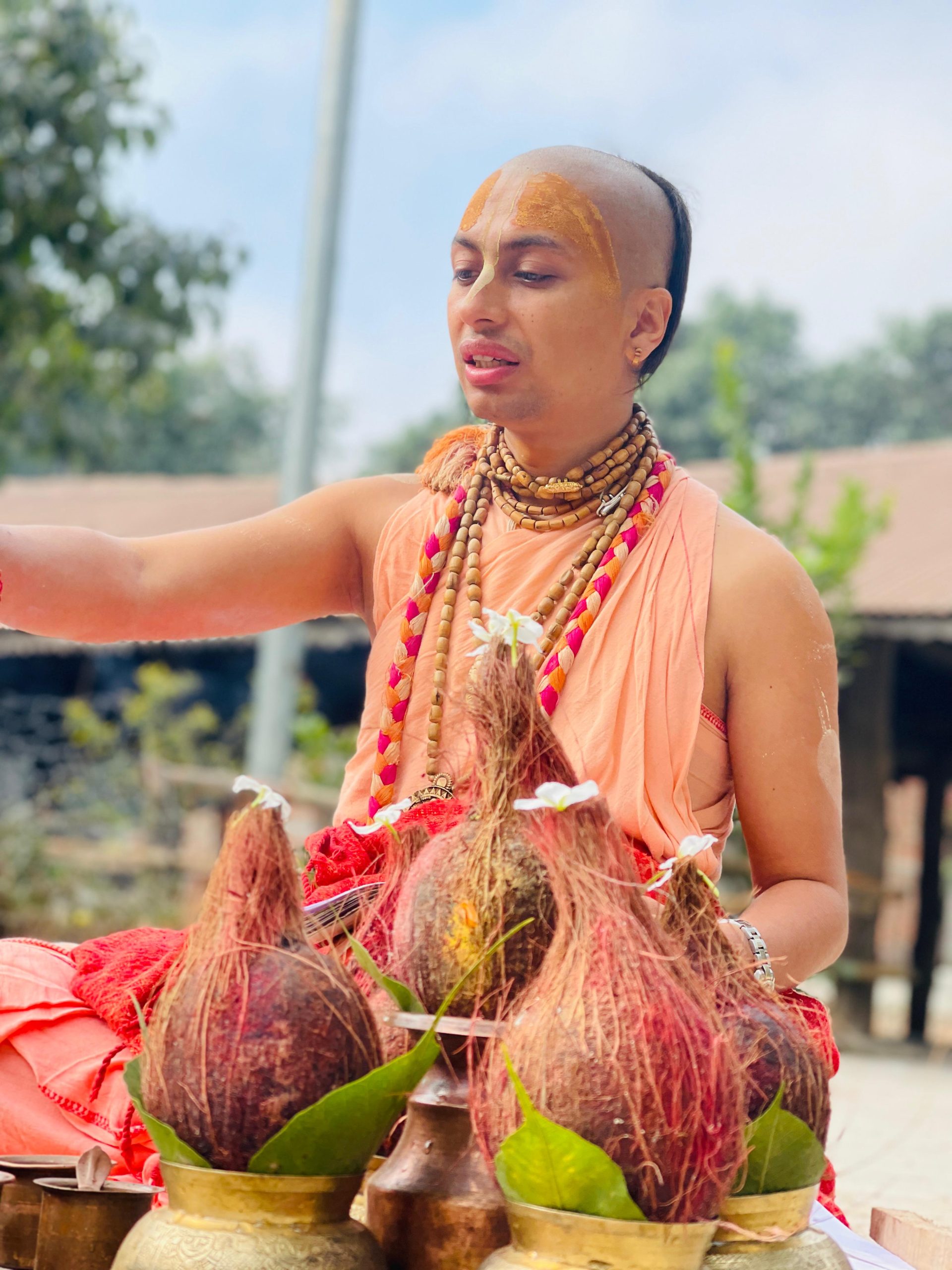
Origin of Science
The Psychospiritual Roots of Crime
Unveiling 54 Vedic Scientists
The Existence of the Soul: Exploring Neuroscience, Quantum Physics and Vedic Philosophy
Temporal Relativity in Vedic Literature: An Interdisciplinary Analysis of Time Dilation Narratives
Acharya Kaṇāda: The Ancient Sage Who Discovered the Atom
Evidence of Vedic Sanātana Hinduism as a Global Dharma
Perception of Quantum Gravity and Field Theory in the Vedas
String Theory as Mentioned in Veda
Sanskrit’s Role in Advancing AI: A Comprehensive Study
The Vedic Model of the Mind: A Contemporary Exploration
Vedic Contributions to Geometry: Unveiling the Origins of Mathematics
Matter and Consciousness in Achintya Bhedābheda: Bridging with Quantum Physics